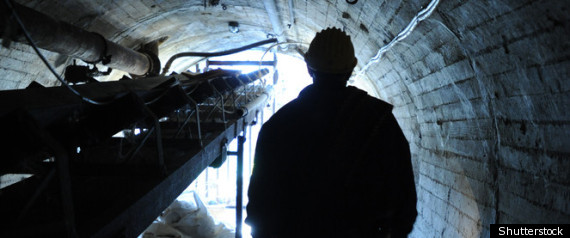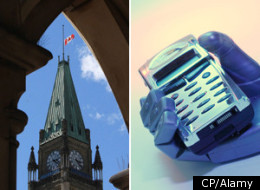 hereTechnically, the economy has been in recovery for two years. But it turns out the rich have been doing most of the recovering.
hereTechnically, the economy has been in recovery for two years. But it turns out the rich have been doing most of the recovering.In 2010 -- the first full year since the end of the Great Recession -- virtually all of the income growth in America took place among the country's very wealthiest people, says an economist at the University of California, Berkeley. The top 1 percent of earners took in a full 93 percent of all the income gains that year, leaving the other 7 percent of gains to be sprinkled among the vast majority of society.
Those numbers come courtesy of Emmanuel Saez, the Berkeley economist who co-created a resource known as the World Top Incomes Database. Saez and his colleagues crunched the data on income growth from 2010, the most recent year available, and found that it was shockingly lopsided.
While much of the country is simply treading water, with a growing number of people either edging toward poverty or already there, the richest of the rich seem to be coping nicely.


























